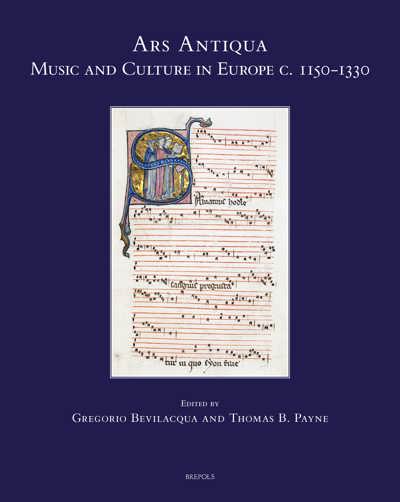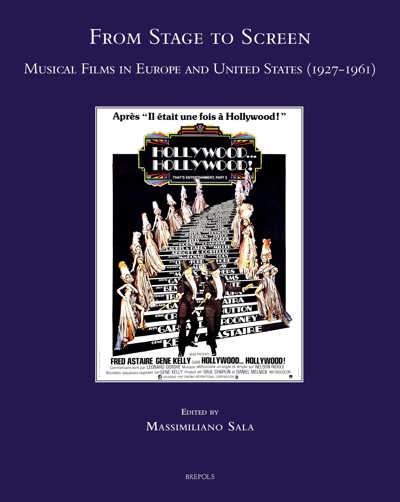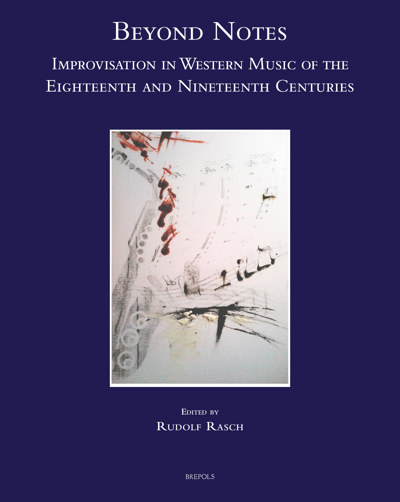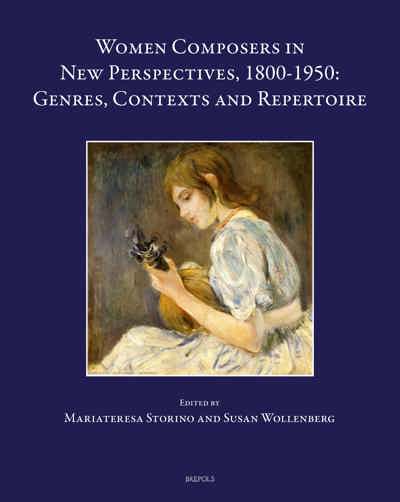
- Pages: xii + 412 p.
- Size:210 x 270 mm
- Illustrations:45 b/w, 12 tables b/w., 12 musical examples
- Language(s):English, French
- Publication Year:2025
- € 135,00 EXCL. VAT RETAIL PRICE
- ISBN: 978-2-503-61861-6
- Hardback
- Available
This is the first volume to investigate the rise and preponderance of European musical competitions between 1700 and 1940
Charles Edward McGuire is a Professor of Musicology at Oberlin College & Conservatory and the Principal Investigator for the digital humanities project, the Musical Festivals Database. He holds a Ph.D. from Harvard University, and his research concerns British music from 1695-1940, including sight-singing techniques and pedagogy, music and Victorian philanthropy, musical festivals, divas on the stage and in public life, the British oratorio, and the composers Edward Elgar and Ralph Vaughan Williams.
As music moved from the church and court into the public sphere, competitions – as loci of taste, judgements of one performer’s excellence over another, or as a way to improve the musical abilities of a nation – became increasingly important throughout Europe. Such competitions had multivalent meanings: in some cases, they became a way to achieve public fame and have a lucrative career in an era when individual patronage was on the wane. In others, they encouraged new national schools of performance, attempted to resurrect a historical tradition, or placed an official imprimatur on an existing one. European Musical Competitions, 1700-1940: History, Contexts and Meanings is the first volume to investigate the rise and preponderance of such contests throughout the continent. The fourteen essays in this volume address competitions by individuals from Johann Sebastian Bach to Josefa Bustamante in locations across Europe from Dublin to St. Petersburg and Osijetk to Paris. It further illumines how government-sponsored institutions in such diverse places tried to both foster musical abilities and foment taste.
Charles Edward McGuire
Preface
Part I: Musicians and Competition
Markus Rathey
Bach’s Contests against Marchand and Pan: Facts and Fiction in Johann Sebastian Bach’s Musical Competitions
Helena Martínez Díaz
Prestige and Promotion of Women in Music at the Beginning of the Twentieth Century in Spain: Josefa Bustamante and the Premio Barranco
Martin Barré
Comparer pour mieux chanter: les émotions suscitées par les rivalités entre artistes lyriques en France au XIXe siècle
Viktoria Grynenko
An Italian, Ukrainian, and Frenchman in Performance: Competing Colleagues in Eighteenth-Century St. Petersburg
Joe Lockwood
Who Should Have Won the Prize Musick?
Part II: Competitions in French Institutions
Fréderic de la Grandville
Le concours des prix du Conservatoire de musique de Paris, 1795-1900
Anne Pustlauk
Competition in Jean-Louis Tulou’s Flute Class at the Paris Conservatoire, 1829-1859
Apolline Gouzi, Arthur Macé, Yannaël Pasquier
«Travaillez jeunes gens»: description du concours du Conservatoire de Paris, 1896-1920
Laure Schnapper
Les concours de musique à l’Exposition universelle de 1867
Peter Asimov
Arbitrating ‘Authenticity’: The Schola Cantorum’s Concours de Chants Populaires (1903-1904) and Its Losers
Part III: Competitions and Nation Building
Jan Dewilde
Transporting Culture: The Train and the Origin of Choral Competitions in Flemish Belgium
Vjera Katalinić
Musical Competitions in the Shade of Politics: Three Case Studies from Croatia in the Second Half of the Nineteenth Century
Helen Doyle
«Will the Feis project ever come to anything – and if so, to what?»: Establishing the Operational and Choral Network of the Dublin Feis Ceoil
Charles Edward McGuire
Musical Contests and Asserting Control: British Competition Festivals, 1880-1930
Abstracts and Biographies
Index of Names




